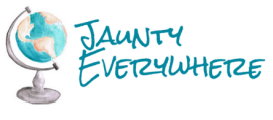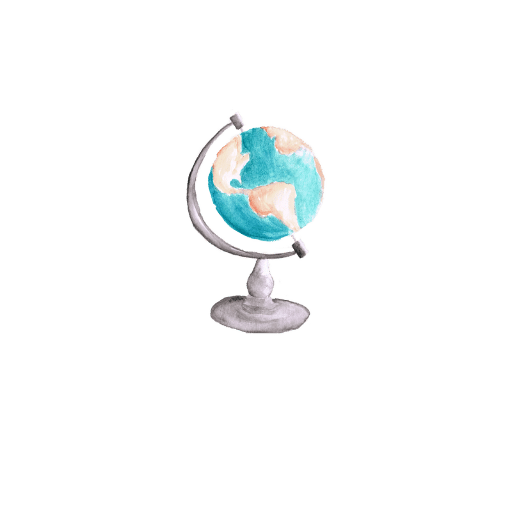{Learning About Yourself and Others for Growth and Better Connection}
Why we like personality typing systems
Treasure hunts
They’re like personal treasure hunts. Find out where you land in the world of personality typing systems.
Improving travel
Personality has a significant impact on our travel, and probably your trips as well. If you are traveling with family, friends, or even just one other person, you will be dealing with personality.
Understanding your personality and unique “way of being in the world” (as Suzanne Stabile, a wise Enneagram teacher says), is key to beginning to understand, relate to, and interact productively with others.
Traveling enriches us as people because we begin to have a broader perspective on the world. We begin to appreciate things and see things differently as our understanding of other cultures and ideas grow.
Using personality typing to enhance that growth by identifying specific strengths and weaknesses, and learning to leverage them will, we hope, make traveling even more beneficial, enjoyable, and life-giving.
Gives a common language
Personality typing systems give us the words and the language to be able to express our thoughts, feelings, and motivations more clearly.
And if our loved ones are interested and involved in the process as well, it is easier to communicate ideas and thoughts with them because they have the same foundation of personality language that you do.
Just for fun…
And to clarify, we are not psychologists or personality typing experts. We are learning as we go and researching along the way. And we’re just pretty nerdy about personality typing.

Reasons to type yourself
Self-reflection
Self-reflection and assessment are often helpful in becoming a healthier person. Many of us struggle to understand others, but do we ever think about trying to understand ourselves?
Self-discovery
We’ve found personality typing helpful as a starting point for self-discovery and growth. Not just for the deep, serious stuff either, sometimes to discover the things about ourselves that we can laugh at.
For fun
And sometimes personality typing is just for fun, like getting sorted into a Harry Potter Hogwarts house.
We don’t live in boxes, we’re always growing
One of the major arguments against personality typing systems I have heard is that people are so multi-faceted how can a personality type define all of the subtleties of an individual?
We would never want to put anyone in a box, or say that we understand another human being because we will never be able to experience how another brain works. However, we’ve found that personality typing systems have helped us function as individuals in teams and as a family.
Understanding yourself and the way you live in this world will, in a roundabout way, help you understand those around you. Traveling together becomes easier and more satisfying when you can self-identify and communicate your needs and hear and empathize with the needs of your travel companions.
We see personality typing as a tool for growth, not as a box to try to fit ourselves or others into.

Traveling and personality typing systems
For us, and we hope for you, travel is about life-long learning. A journey doesn’t start with stepping foot in a new place. It begins in our minds as we dream up a trip, anticipate a trip, plan, and research for our travels. It’s about getting to know the world and to learn more about the people you’ll meet and places you’ll see.
We’re big history nerds, and this has helped us see value in many of the places we visit. Because if you know how a particular turning point in history came about and affected a location, then you have a better appreciation for the significance of a place.
But life-long learning doesn’t just mean learning history to appreciate a place. It also means learning more about yourself and the people you’re with the most (and perhaps even more broadly, the people you run into along your travels) so that your relationships grow, and you create better memories and connections.
That’s precisely where the personality typing has helped us:
To begin to glimpse the root of our relational conflicts when on the road.
To understand our different energy levels, motivations, and priorities.
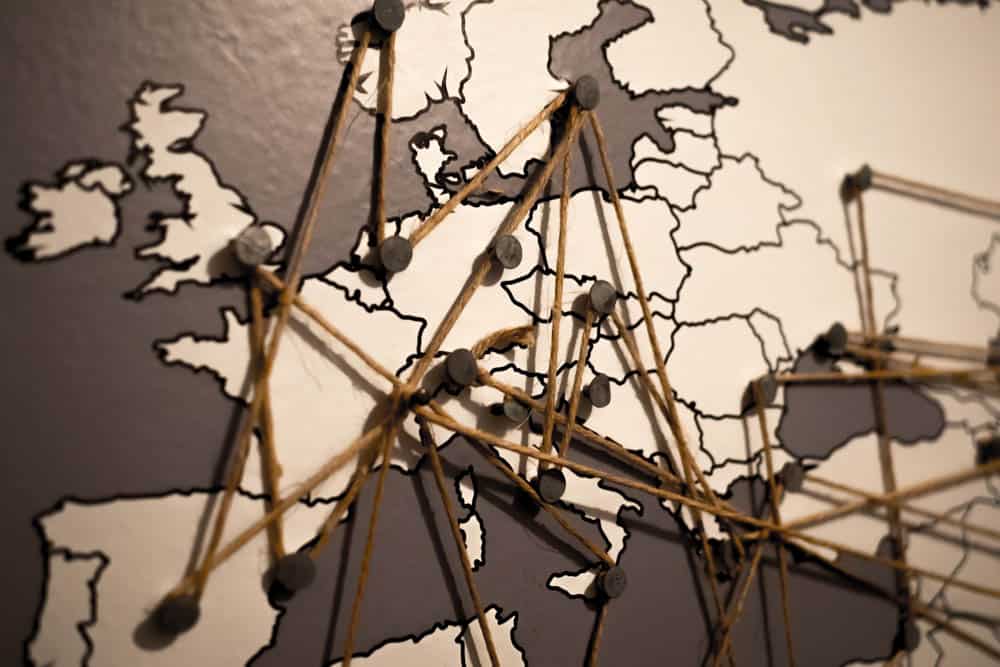
The limitations of typing systems
Of course, personality typing can be dangerous. Not to sound too melodramatic, but if we use the knowledge of personality typing to try to claim we understand someone else, to control others, or to make fun of or be unkind to others, then we are misusing these tools.
Treat others and their journey with the respect you would like to be treated. But realize, the way you are will be very different from the way others react and take in information.
One of the biggest revelations I’ve had through personality typing is that everyone else doesn’t think, respond, or have the same motivations as I do.
Word to the skeptics
There are certain things in life that we each find personally valuable. We learn from these things, see growth because of them, and therefore they equate to value in our minds.
Personality typing has been one of those things for our family. While we tend to use the Enneagram the most often, we also love exploring the other systems, just for the fun of it.
If these typing systems seem belittling, feel constricting, or you don’t find value in them, then feel free to move on. We have lots of other travel content that’s less existential and won’t feel like navel-gazing.
But when we find something helpful, growth-inducing, and motivating we love to share that with others just in case you may find it valuable as well.
In application, this means better travel experiences, better discussions, being understood, and understanding our loved ones along with knowing our own and others’ strengths and weaknesses so that we can work as a team whether we’re planning a trip or are feet on the ground.

Personality typing
What is personality typing?
Personality typing tool
There are many different types of personality typing systems in the world. Each one focuses on something different.
Enneagram – Focuses on inner motivations, something no one else but the individual will ever really see.
Myer’s Brigg’s – Focuses on responses to the world around us, behavior.
DISC assessment – Focuses on strengths in relation to working in a team environment.
Four Tendencies – Focuses on the stimuli needed to accomplish tasks.
Others have their own specific focus or outcome.

Personality typology definition
Personality types list
- Introvert vs. extrovert
- Enneagram
- Myers Briggs
- Disc assessment
- Four Tendencies
- Love languages
- Personality compass
Just for fun…
- Harry Potter sorting hat
- What Disney princess/prince are you?
- What planet in Star Wars would you live on?
Personality typing systems
Enneagram personality typing system
The Enneagram is a personality tool. It’s a system of nine personality types, passed down through the ages.
It is a unique tool that’s rooted in an individual’s inner motivations that influence their behavior. It helps to identify why we are the way we are, and then gives tools to begin to live out our lives in more fullness and understanding of ourselves and others as we start to grasp the uniqueness of people.
We have a series on the Enneagram. For more information see our posts.
Introduction to the Enneagram for Travel
Favorite Resources to Help You Learn the Enneagram
Enneagram Type THREE and Travel
Enneagram Type FOUR and Travel
Enneagram Type FIVE and Travel
Enneagram Type SEVEN and Travel
Enneagram Type EIGHT and Travel
Enneagram Type NINE and Travel
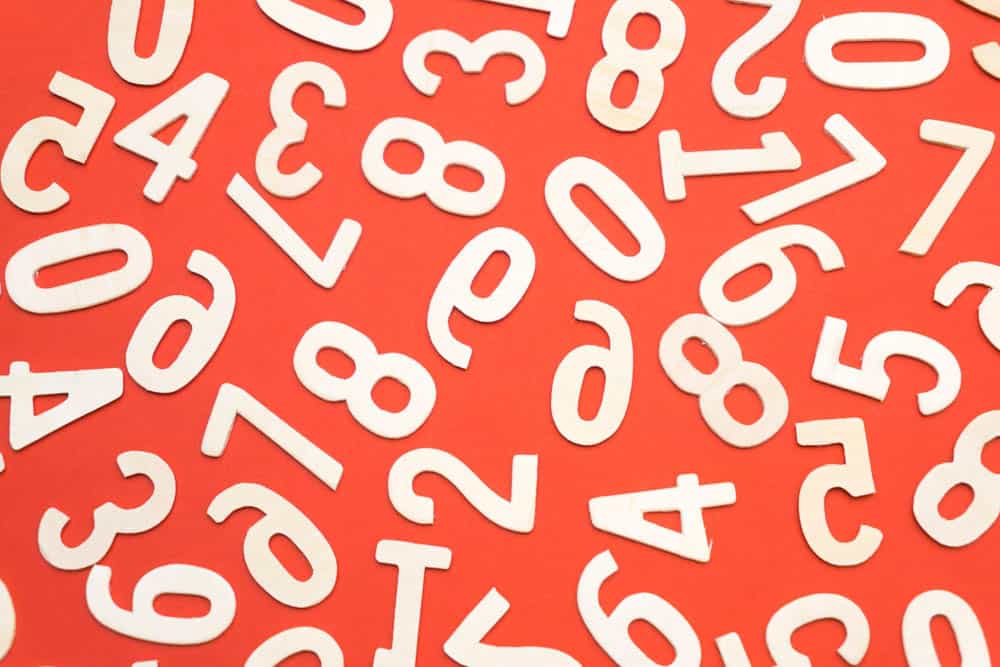
Personality typing using enneagram
The Enneagram is quite extensive and can be an intense process of discovering your type. For many, this requires reading and learning about each type before finding the one they most relate to.
Take the time to do the research when using this system. While you can take a test and get your type, we also suggest doing more research to verify or chose for yourself.
Disc personality typing system
This is a test that is used in many corporate situations to help teams work better together.
Divided into four categories, the DISC test stands for Dominance, Influence, Steadiness, and Compliance (also referred to as Conscientiousness). The outcome of your results gives you a pie chart picture of the ways you behave and how you tend to respond.
Personality typing using DISC
See the DISC Personality Test by 123test.com for a brief version of the DISC assessment.

Myers & Briggs personality typing system
This system uses a series of letters that form an individual personality. While there are 16 main combinations, these are generalizations of how individuals behave. Everyone is different, so there are endless versions of each of the 16 types.
The initials used in the Myers & Briggs system are as follows
- Extroversion vs. Introversion (E or I): How do you gain energy? Extroverts gain energy through being with people. Introverts gain energy by being alone and quiet.
- Sensing vs. Intuition (S or N): How do you collect information?
- Thinking vs. Feeling (T or F): How do you make decisions?
- Judging vs. Perceiving (J or P): How do you organize your environment?
Each person will end up with one letter from each of the above categories.
For instance, I am an ISFJ. This means I am an introvert (I gain energy by being alone), I take in information through sensing, I make decisions through feeling, and I organize my environment through judging.
Myers & Briggs’ Personality Typing, Explained is an overview of the Myers & Briggs system of personality typing.
For more information and explanation of the Myers & Briggs letters see The 4 Letters of Myers & Briggs’ Personality Types on Truity.
Personality typing using the Myers & Briggs system
See the Free Personality Test by 16personalities.com for a brief version of the Myers & Briggs test.

Personality Compass typing system
The Compass typing system uses the four directions on a compass to describe personality. North, South, East, and West.
Each direction symbolizes a grouping of characteristics.
Personality typing using Personality Compass
See Lead Right Today’s Personality Compass system overview and test.
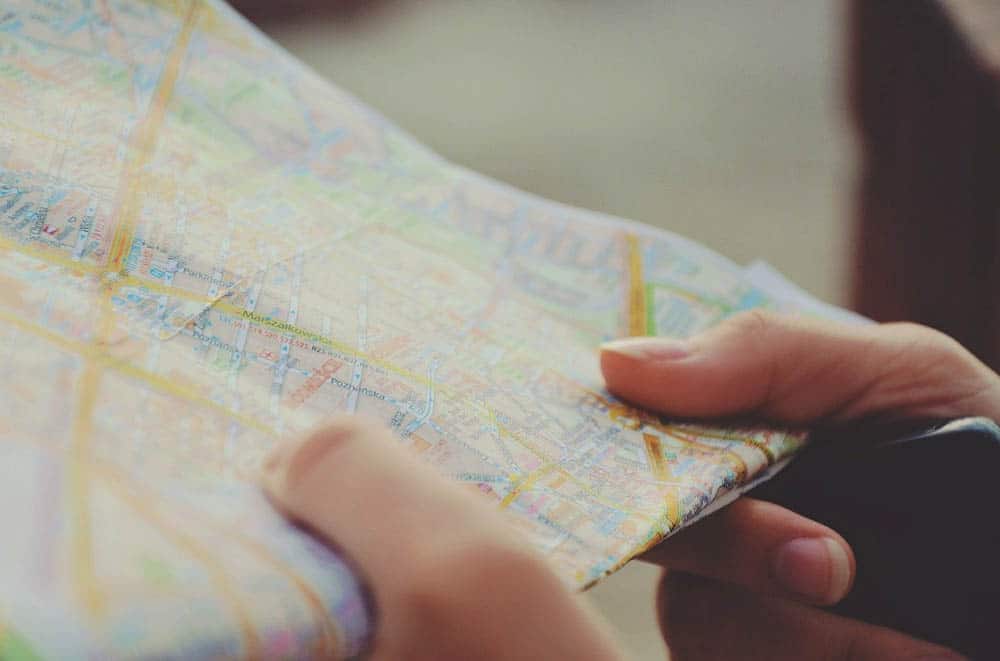
Four Tendencies
This is a productivity analysis created by Gretchen Rubin. The Four Tendencies covers the four different ways people respond to inner and outer expectations. That is the expectations of others or the expectations of themselves.
The Obliger – Fulfills outer expectations. Resists inner expectations.
The Upholder – Fulfills outer expectations. Fulfills inner expectations.
The Rebel – Resists outer expectations. Resists inner expectations.
The Questioner – Resists outer expectations. Fulfills inner expectations.
Typing using the Four Tendencies
Take Gretchen Rubin’s Four Tendencies quiz and find out what your tendency is.

Love languages
The five love languages:
- Words of affirmation
- Acts of service
- Quality time
- Physical touch
- Receiving gifts
The Love Languages test identifies the way in which you receive love, or feel most cared about by others.
It is helpful for couples, and also for family groups as it gives a glimpse of the ways we can each show love in a way that the other person values.
Personality typing using Love Languages
Find the 5 Love Languages quiz at The 5 Love Languages.

Your personality type
Finding your types
Most of the above typing systems have online quizzes that you can take. We have included links to those under each category.
These tests are helpful to start out, but they are not fail proof. It may take some self-reflection to identify the closest option.
Often it is helpful to get feedback from a loved one, close friend or someone who knows you well in many different environments. This only works if the test is based on behavior.
The Enneagram is one type that you have to choose for yourself because it is focused on inner motivation, something that even the closest people to us don’t ever see.
The Enneagram is the most challenging (and we believe most rewarding) of all the systems because it takes so much self-assessment and reflection.
How to use your types
When you find your type for each system, the purpose of the test will help determine how to apply the information you’ve gleaned.
For example, when I found out my top love language was quality time, it gave me the language to communicate that to my husband and say, “Hey, I like it when we just spend time together. That’s how I feel most loved by you.”
Or the DISC assessment, I scored high in the Compliance category, followed by Steadiness. Compliance helps me identify and realize I will not be the one on the team to make split-second decisions.
But, I will be good at deliberately taking in information and making an informed decision. I resist conflict and become uncomfortable with arguments; I prefer calm and peaceful problem-solving.
The information from these tests and personality systems is only as helpful as you apply it and reflect on its application to your daily life.

Traveling with others knowing your type
Traveling with others can make you even stronger if you learn how to leverage each other’s strengths. Starting by knowing your strengths and weaknesses.
Going through the Enneagram, Myers & Briggs and other systems has helped inform our family how we each respond to different circumstances, our behaviors, and, most importantly, our motivations.
Knowing your strengths and weaknesses will help you leverage what you do well with what others do well.
My husband is great at spontaneity, adventure, and meeting new people. I am great at planning, preparing, and researching where we’re going to travel.
Together we are prepared, see the things we want to see, and use our time wisely while also being spontaneous and doing things we didn’t know existed until that moment, and meeting new people that enrich our lives along the way.

Others and their types
You’ve just come across this fantastic personality typing system that seems to explain exactly why you are the way you are, and you want everyone around you to take the quiz. You’re stoked and can’t wait to see their results and start discussing how to leverage each other’s strengths.
You start sharing your experience, and to your astonishment, bewilderment, and frustration, they don’t seem to be excited. And they even seem a little annoyed or act like you’re silly to think a quiz so helpful.
Yeah. That’s frustrating. And we’ve been there too.
Partners, children, friends…how do you get on the same page if they won’t even give you the time of day when you mention your new self-revelations and experience?
First we have a suggestion. If you focus on learning and applying and doing the self-reflection thing yourself they may someday see the benefit you are receiving from doing so.
Another thing is, if you force it on others, you won’t get the results you want.
However, most personality typing systems give the potential to guess someone’s type. Don’t do this with the Enneagram; as we’ve mentioned, it’s focused on motivations that we can’t see.
Other personality typing systems are focused on behaviors that we can see. Guessing on these can give you a good starting block to learning how best to communicate and travel well with others.

Traveling with others knowing their type
If your family and friends are onboard and as excited about typing as you, then get them involved and start thinking about the results.
In what ways do you complement each other’s strengths and weaknesses?
What weaknesses do you have that a partner may have as a strength?
Do you have a mixture of introverts and extroverts in your family?
How does this impact the family dynamic?
How can you prepare ahead of time to plan downtime in your travels for the introverts while also designing in some good people-time for the extroverts?
Successful relationships often boil down to compromise. Learning to navigate compromise is extremely valuable when traveling.
Summary
- Personality typing is a system of organizing aspects of behavior.
- Personality typing is great for self-reflection and growth, and it can also just be for fun.
- Discovering your tendencies, motivations, and behaviors through personality typing can improve travel experiences.
- Learning your tendencies can help you prepare for travel in advance as well as enjoy it more fully while traveling.
- There are many different personality typing systems or tools available. Each one has a slightly different focus or desired outcome.
- Using multiple typing systems can help you understand yourself and others.
- Personality typing systems can help you have a language to understand yourself and others better and communicate that with others.
- Personality typing systems are tools. They are only as useful as you are motivated to make them.
